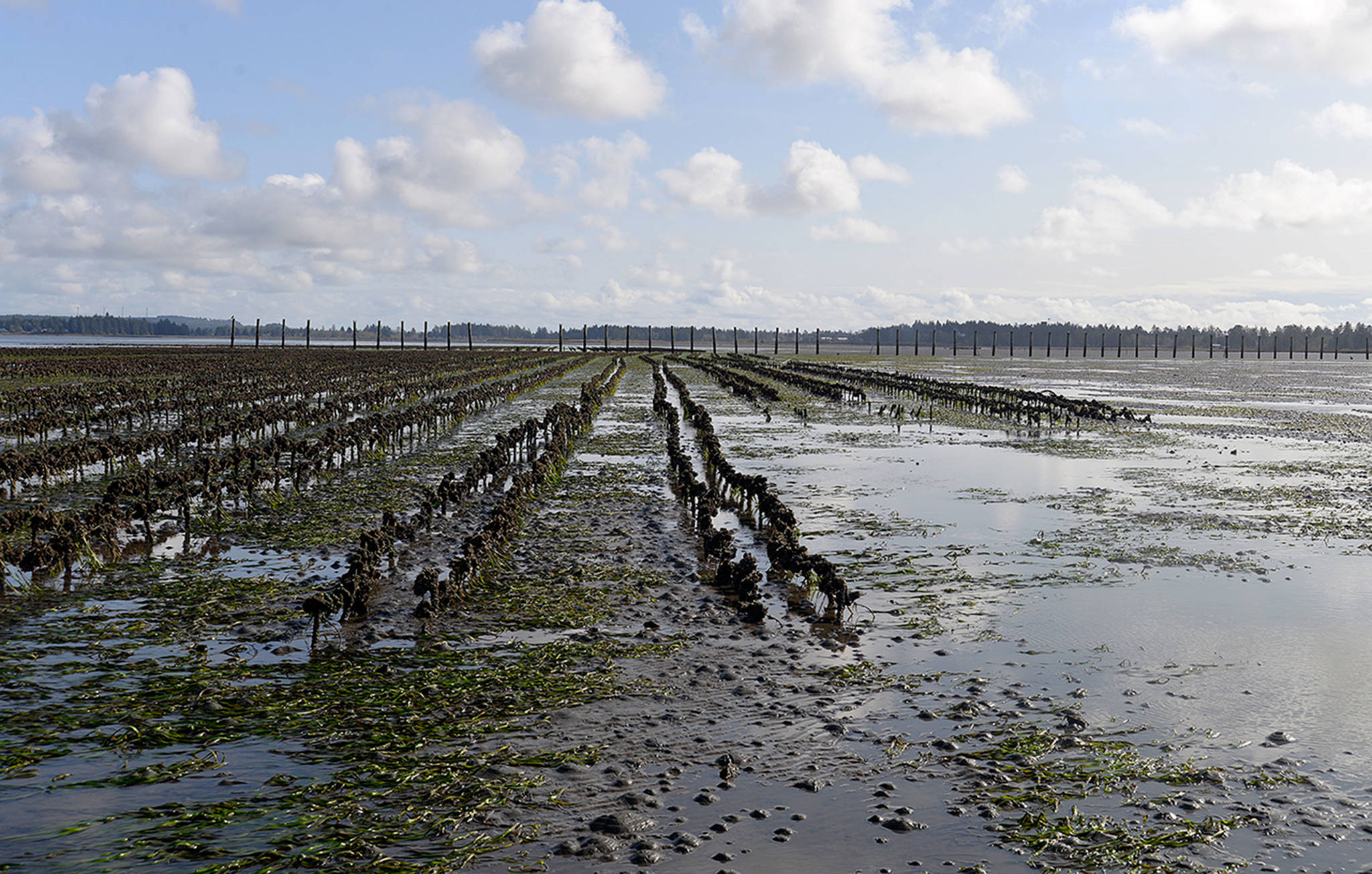The Washington Department of Ecology has finalized its decision to deny the use of a controversial pesticide on local shellfish beds to kill burrowing shrimp.
According to a DOE press release, the department has now reviewed and responded to more than 3,000 public comments about imidacloprid — the name of the pesticide — and says “mounting scientific evidence confirms the harm from this neonicotinoid pesticide poses too great a risk to Washington’s environment.”
The Willapa-Grays Harbor Oyster Growers Association has already responded and says it plans to appeal the finalized decision by the DOE.
Members of the Growers Association had requested a permit from the state to spray imidacloprid on oyster and clam beds in order to control the burrowing shrimp in 2016. Ecology tentatively denied the request in April pending the evaluation and response to public comments.
Recent public comments identified more than a dozen new journal articles that directly relate to the negative environmental impacts of neonicotinoids, according to the press release. In addition, comments highlighted recent policy decisions made by Health Canada and the European Union.
Health Canada Pesticide Management Regulatory Agency is proposing to phase out all agricultural and most other outdoor uses of imidacloprid over the next three to five years due its harm to the environment and aquatic life. In April, the European Union voted to ban three other neonicotinoids, including imidacloprid, due to similar issues.
The population of burrowing shrimp has gone up in recent years, and they pose a serious problem for growers whose oysters are suffocated when the mud becomes infested with shrimp and pulls the oysters down.
With the finalized decision, the Growers Association has 30 days to appeal of the denial, and it appears they will.
A separate press release from the Growers Association says it will appeal the DOE’s denial, that the decision was “blatantly political,” and claims the department doesn’t have new research to justify reversing the original decision in 2015 to approve imidacloprid.
“This decision, and the glacially slow process that produced it, were clearly driven by the political winds of the moment,” said Ken Wiegardt, president of the WGHOGA. “The department has reversed itself completely from its own scientific findings a year ago, without any new research to justify that reversal. Meanwhile, burrowing shrimp have had another year to destroy our oyster beds and severely damage our industry, our estuary, and our entire rural economy. We have no choice but to appeal to the Washington State Pollution Control Hearings Board, and to seek compensation for our significant damage in court.”
According to the Growers Association press release, the policy decisions by Canada and the European Union are for “other, unrelated uses of imidacloprid, not new science regarding its use to treat shellfish beds infested with burrowing shrimp.”
If the burrowing shrimp are left uncontrolled, the growers say they could cause local oyster production to collapse by up to 90 percent in the coming years.
More information about the burrowing shrimp and the Growers Association’s proposed pest-control program can be found at protectwillapabay.org.



